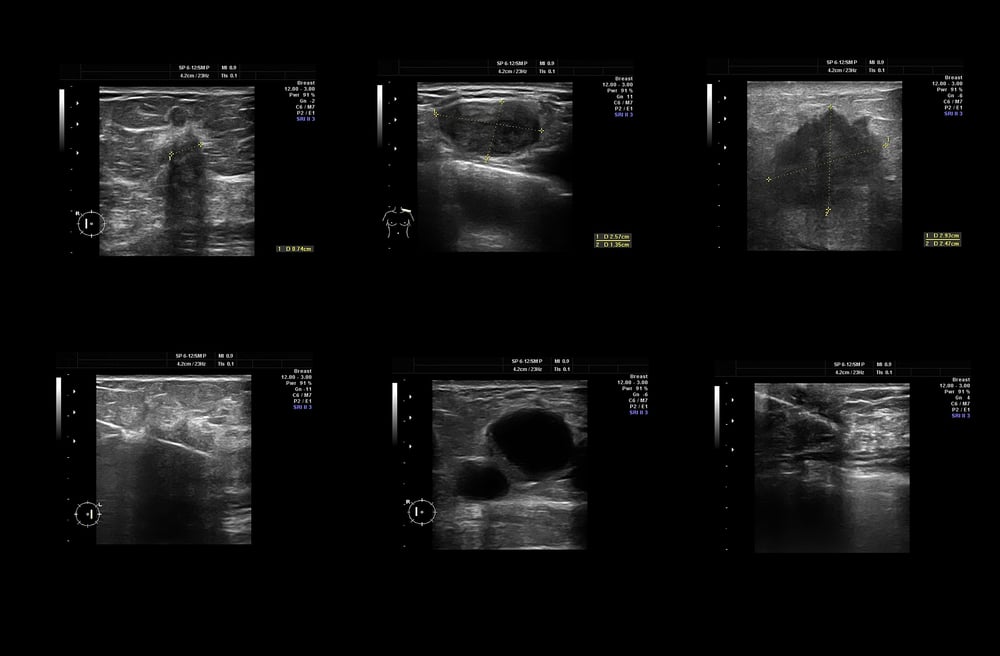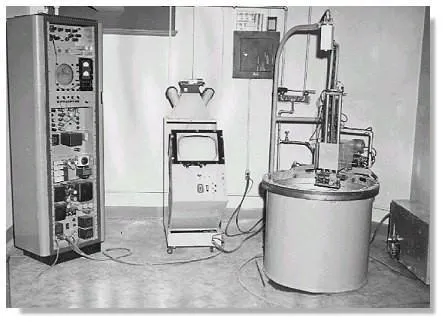Medical imaging screenings have become an indispensable tool in healthcare, playing a central role in detecting, monitoring, and managing a wide range of conditions before they progress. Regular screenings are not just for those with symptoms but are equally valuable for individuals taking a proactive approach to their health. Private imaging services offer a practical and efficient option, enabling people to take charge of their well-being on their own schedule.
What Are Medical Imaging Screening Tests?
Medical imaging screening tests use advanced technology to visualize internal structures and assess organ function. Unlike diagnostic imaging, which focuses on investigating symptoms or confirming a diagnosis, screening tests are intended to identify potential problems early, often before symptoms appear.
Ultrasound imaging, for example, is widely used for abdominal, pelvic, and vascular screenings. It works by using high-frequency sound waves to create detailed images without radiation exposure. Other modalities, such as MRI and CT scans, offer complementary insights, with CT scans excelling at detecting structural abnormalities and MRI capturing fine soft tissue details.
Screening serves as an early warning system. By catching changes in the body that indicate potential health issues, imaging allows for timely intervention, which often leads to better outcomes.

The Benefits of Regular Screening
Early Detection of Diseases
Early detection is one of the greatest advantages of regular imaging screenings. Studies consistently show that imaging can reveal conditions like tumors, cardiovascular issues, and organ dysfunctions in their initial stages. For instance, research from Cancer Research UK highlights that ultrasound and mammography screenings improve breast cancer detection rates, significantly reducing mortality. In vascular health, carotid ultrasound screenings are proven to identify early signs of atherosclerosis, enabling lifestyle or medical interventions that reduce stroke risk.
Monitoring of Existing Conditions
For individuals with chronic conditions such as kidney stones, cysts, or fibroids, imaging provides an effective way to monitor changes over time. Abdominal ultrasounds, for instance, offer critical insights into liver and gallbladder health, guiding treatment strategies without the need for invasive procedures. Routine imaging ensures that conditions are managed proactively, reducing the risk of complications.
Reducing Long-Term Healthcare Costs
Preventative screenings are cost-effective in the long run. A study published in Health Economics demonstrated that early identification of conditions through imaging can significantly reduce the need for expensive treatments later. For example, catching gallstones before they cause severe inflammation can prevent the need for emergency surgery.
Peace of Mind
Unexplained symptoms or family history of disease can be a source of anxiety. Private screenings provide clarity, helping individuals feel confident about their health. The availability of advanced imaging options ensures that concerns are addressed quickly and accurately.
Why Choose Private Scans?
Accessibility and Convenience
Private clinics eliminate long waiting times often associated with public healthcare systems. Flexible scheduling allows individuals to prioritize their health without disrupting their routines. Immediate access to imaging also means that results and follow-ups occur without delay.
Personalized Experience
Private imaging services are tailored to individual needs, offering comprehensive consultations and detailed explanations of results. This level of personalized care fosters informed decision-making and confidence in health management.
Advanced Technology and Expertise
Private clinics frequently utilize cutting-edge equipment and highly trained specialists to provide the most accurate results. For example, 4D ultrasounds offer a dynamic view of fetal development, while high-resolution imaging ensures even the smallest abnormalities are detected.
Key Screenings Everyone Should Consider
Abdominal Ultrasound
An abdominal ultrasound is a versatile screening tool that assesses the liver, kidneys, pancreas, gallbladder, and spleen. Common findings include fatty liver disease, gallstones, and kidney cysts. According to the British Medical Ultrasound Society, early detection of these conditions through routine screenings can prevent complications such as cirrhosis or bile duct obstruction.
Vascular Scans
Doppler ultrasounds are invaluable for detecting blockages or narrowing in blood vessels, which may lead to stroke or heart attack. A study in the Journal of Vascular Surgery showed that carotid Doppler screenings significantly reduced stroke rates in high-risk populations by enabling timely interventions.
Breast and Pelvic Ultrasounds for Women
Ultrasound screenings for women offer critical insights into breast health and reproductive organs. Pelvic ultrasounds detect fibroids, ovarian cysts, and uterine abnormalities, while breast ultrasounds complement mammograms by offering a detailed view of dense breast tissue.
Prostate and Testicular Scans for Men
Prostate ultrasound screenings provide early identification of enlargement or nodules, which may indicate benign prostatic hyperplasia or prostate cancer. Testicular ultrasounds help identify conditions such as varicoceles or testicular cancer, both of which benefit from early detection.
Musculoskeletal Scans
For active individuals or those with joint pain, musculoskeletal ultrasounds reveal soft tissue injuries, arthritis, or tendon abnormalities. These scans are particularly beneficial for athletes, as they provide real-time imaging during movement, facilitating precise diagnoses.

Addressing Concerns and Myths About Medical Imaging
Safety of Imaging Modalities
Ultrasound is entirely non-invasive and involves no radiation, making it safe for repeated use. CT scans do involve radiation, but advancements in technology have significantly reduced exposure levels. When medically justified, the benefits of imaging far outweigh potential risks.
Common Misconceptions
A common myth is that imaging is only necessary when symptoms are present. Research published in the American Journal of Preventative Medicine contradicts this, showing that asymptomatic screenings often uncover hidden conditions. Another misconception is that screenings are prohibitively expensive. Private imaging services frequently offer packages, making preventative care accessible.
Affordability and Insurance Coverage
While private scans may not always be covered by insurance, many clinics provide transparent pricing and flexible payment options. The cost is often justified by the long-term savings and peace of mind regular screenings provide.
How to Get Started with Regular Imaging
Selecting a reputable private imaging provider is essential for reliable results. Look for clinics with accreditation, skilled professionals, and state-of-the-art equipment. During your consultation, discuss your medical history, risk factors, and specific concerns to determine which screenings are most appropriate for you.
Establishing a screening schedule depends on age, family history, and lifestyle factors. For instance, individuals over 50 might benefit from annual vascular scans, while younger individuals with no significant risk factors could opt for screenings every few years.
Private imaging services ensure that you are always in control of your health, with timely access to the latest diagnostic tools. By prioritizing regular medical imaging, you invest in a healthier future for yourself and your loved ones.
Content Information
We review all clinical content annually to ensure accuracy. If you notice any outdated information, please contact us at info@iuslondon.co.uk.
About the Author:

Yianni is a highly experienced sonographer with over 21 years in diagnostic imaging. He holds a Postgraduate Certificate in Medical Ultrasound from London South Bank University and is registered with the Health and Care Professions Council (HCPC: RA38415). Currently working at Barts Health NHS Trust, Yianni specialises in abdominal, gynaecological, and obstetric ultrasound. He is a member of the British Medical Ultrasound Society (BMUS), Society of Radiographers (SoR) and regularly contributes to sonographer and junior radiologists training programs.



